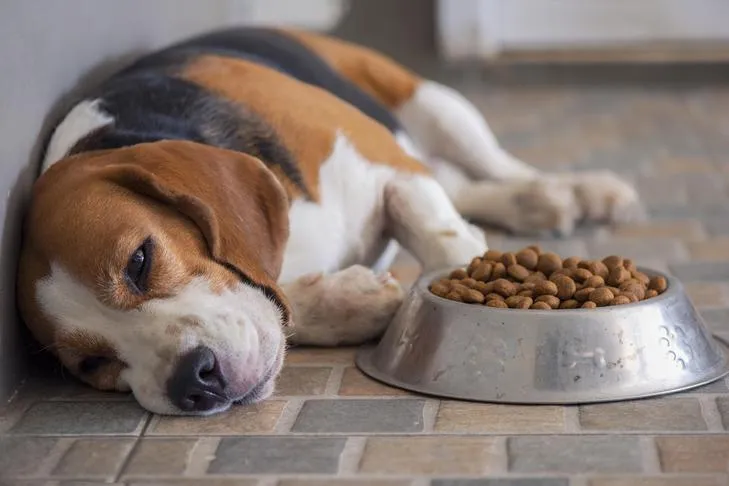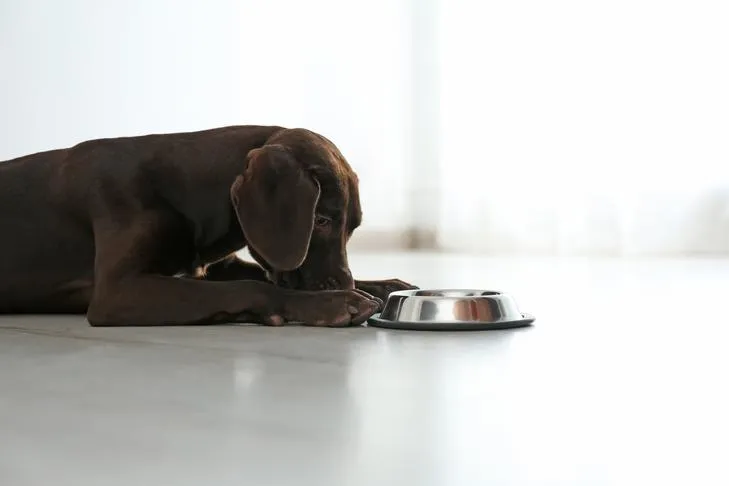Feeding a dog with an upset stomach, decreased appetite, diarrhea, or vomiting can be challenging for any pet owner. If your furry friend is dealing with these issues, a bland, easily digestible diet can provide relief while supporting recovery. Always consult your veterinarian first to rule out serious conditions, but what dogs can and can not eat plays a key role in managing mild tummy troubles effectively.
Understanding Why Your Dog Has an Upset Stomach
Dogs, much like humans, can suffer from occasional digestive upset due to dietary indiscretions, stress, or minor infections. Symptoms such as gas, nausea, constipation, diarrhea, or vomiting often signal a need for gentle nutrition. These recipes are designed for mild cases only—senior dogs or those with chronic issues like diabetes, cancer, or allergies require tailored veterinary advice.
Before changing your dog’s diet, discuss it with your vet to ensure it’s safe. A bland diet helps soothe the gut lining, promotes hydration, and restores appetite without overwhelming the system.
 Beagle laying down next to a full bowl of kibble
Beagle laying down next to a full bowl of kibble
Top Bland Foods for Soothing Dog Stomach Issues
When selecting foods for dogs with upset stomachs, prioritize bland, low-fat options that are easy to digest. These provide essential nutrients like proteins, fiber, and vitamins while firming stools and reducing nausea.
Boiled Chicken and Rice
Boiled chicken and rice remains a go-to remedy recommended by veterinarians for its simplicity and digestibility. Boneless, skinless chicken breasts offer lean protein, while white rice provides gentle carbohydrates—brown rice is more nutritious but harder on sensitive stomachs.
Prepare by boiling plain chicken until fully cooked, then shred into bite-sized pieces. Cook rice separately without oils, butter, or seasonings, which could irritate the gut. Mix in a 1:2 ratio of chicken to rice, and feed small portions multiple times a day. This combo helps regulate digestion and encourages picky eaters. Pre-packaged versions are also available for convenience.
Shredded Chicken
For dogs refusing food due to nausea, plain shredded chicken is an excellent, nutrient-dense option. Boiled and unseasoned, it delivers vital amino acids, fats, vitamins, and minerals without taxing the digestive system.
Shred the cooked chicken finely to make it appealing and easy to eat. Store in the fridge for 3-4 days or freeze portions for longer. It’s particularly helpful for what can dogs eat and what can they not eat, as it avoids common irritants while boosting energy during recovery.
 Cavalier King Charles Spaniel standing next to its food bowl at home
Cavalier King Charles Spaniel standing next to its food bowl at home
Plain Pumpkin
Unseasoned, cooked pumpkin is a fiber powerhouse that aids digestion for dogs with upset stomachs. Rich in vitamin E, iron, potassium, and soluble fiber, it helps firm loose stools and ease constipation without adding bulk.
Vets often suggest 1-4 tablespoons daily, scaled to your dog’s size—start small to monitor tolerance. Opt for plain canned pumpkin over pie filling, which contains harmful sugars and spices. Mixing it into other bland foods enhances palatability and provides a nutritional edge.
Bone Broth
Bone broth serves as a hydrating, flavorful topper for dry kibble or standalone liquid meal for nauseous dogs. Simmer beef marrow bones, turkey, or chicken legs in a slow cooker with water for 20-24 hours, then skim fat and strain thoroughly—never serve cooked bones, as they pose choking or splintering risks.
Cool, jellied broth adds moisture and appeals to finicky appetites. Portion into ice cube trays for easy serving sizes. This low-residue option supports gut health and electrolyte balance during illness.
 German Shorthaired Pointer puppy laying down next to its bowl indoors
German Shorthaired Pointer puppy laying down next to its bowl indoors
Meat-Based Baby Food
In emergencies, vets use Stage II meat baby foods (chicken, turkey, or lamb) for their soft texture and digestibility. Ensure no garlic, onions, or additives—these are toxic.
This is ideal for medicating or hydrating weak dogs, offering quick nutrition without chewing effort. Check labels meticulously for safety.
For more on safe choices, explore what food dog can not eat.
Foods to Steer Clear Of During Stomach Upset
Certain human foods exacerbate issues, so avoid them entirely when nursing a sensitive stomach. Skip anything with garlic, oils, seasonings, or high fat—these inflame the gut.
Dairy like milk triggers lactose intolerance symptoms in many dogs. Processed meats such as ham, bacon, or pepperoni are salty and fatty, worsening diarrhea. Consult what fresh food can i feed my dog and what fresh vegetables are good for dogs for safer alternatives.
Final Thoughts on Managing Dog Upset Stomachs
A bland diet featuring boiled chicken and rice, pumpkin, bone broth, and similar foods can significantly ease your dog’s discomfort while promoting healing. Transition back to regular food gradually over a few days, monitoring for improvements.
Prioritize veterinary guidance, especially for persistent symptoms, to address underlying causes. With patience and the right nutrition, your dog will bounce back stronger. Share your experiences in the comments or check our other guides for ongoing pet care tips!
